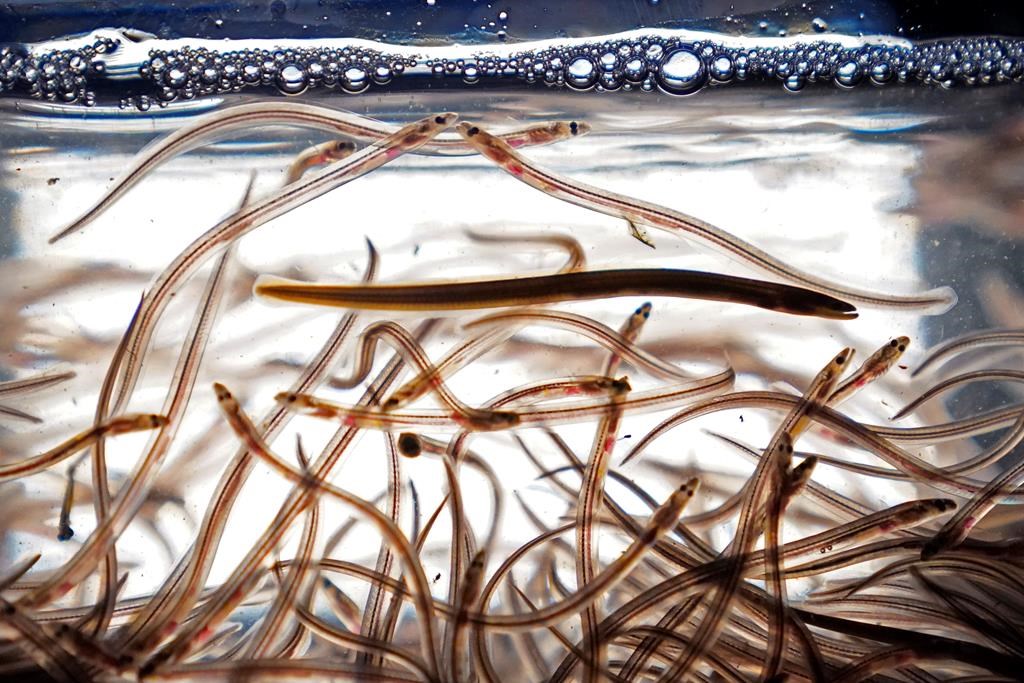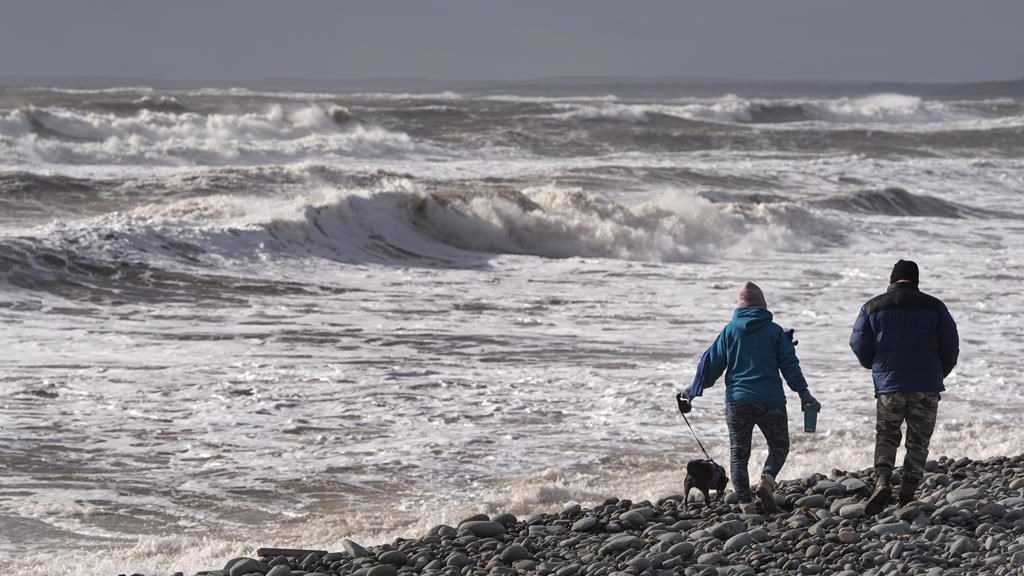As U.S. election looms, the day after promises misery for 50 per cent of Americans
Posted Nov 1, 2012 07:51:16 PM.
This article is more than 5 years old.
WASHINGTON – It’s a YouTube video that’s going viral mere days before the U.S. presidential election: A downcast, weeping four-year-old girl who laments: “I’m tired of Bronco Bama and Mitt Romney.”
Following a blistering presidential election campaign and a bitterly divided electorate, most Americans will be as happy as Colorado’s Abigael Evans to see next Tuesday’s backside.
But one thing’s for certain: 50 per cent of the population is bound to find itself in the throes of a profound depression on Wednesday.
Some are already emotionally steeling themselves for the worst.
“After eight years of George W. Bush — especially after he was re-elected — I don’t expect much from the American people,” Jesse Berney, a Democratic consultant and stand-up comedian, said in an interview Thursday.
“I’ll be sad, but I’ve lost enough elections that I’m done letting them ruin my life.”
Lauren Feldman, a public communications professor at American University in Washington, predicts a low-level misery among millions of Americans on Wednesday.
“At the very least, people certainly will be disappointed if their side loses, and that will contribute to even further polarization down the line,” she said.
“The campaigns themselves have been incredibly negative, and both cable news and social media are contributing to that negativity, that feeling of us-versus-them.”
Indeed, left and right have been demonizing one another with particular vigour this election season amid a neck-and-neck horse race between Barack Obama and Mitt Romney.
Pundits left and right have taken to the airwaves to hurl abuse at one another.
Negative political ads have inundated the residents of critical battleground states.
The comment sections of newspaper websites are seething with invective. Twitter has become a vitriolic battleground. Facebook has become fraught with angry political arguments that often lead to the termination of cyber-friendships.
Talk radio, much of it conservative, has warned that an Obama second term will all but destroy the United States. Activists on the left, meantime, argue a similar fate is in store for Americans if Romney wins the White House.
Indeed, a recent poll in the critical battleground state of Ohio found that 61 per cent of the state’s voters are “scared” about who might prevail on election day.
It’s all reminiscent of 2004’s presidential election, when Democrats, in particular, were beside themselves at the notion of a second Bush term as he fended off challenger Senator John Kerry.
“This election is definitely more like 2004 than 2008 in terms of emotions,” said Michael Dimock, the associate director for research at the Pew Research Center.
“Democrats were fired up, they were worked up in a way that’s comparable to how Republicans feel about Obama today.”
In June, Pew released a study that showed partisan polarization has surged during the presidencies of Bush and Obama — and that Americans are more polarized along partisan lines than at any point in the past 25 years.
Even four years ago, however, things were looking up, Dimock said.
“When we did our survey after the ’08 election, Republicans weren’t all that glum; they thought bipartisan co-operation might be possible and they were willing to give Obama a chance — but that lasted about three months, and now here we are today,” Dimock said with a laugh.
So what happens when only one man is left standing on Wednesday?
Some see a silver lining even if millions respond with fear and despair.
“I think if there a clear presidential winner, and the House of Representatives stays Republican and Democrats still control the Senate, it will become incumbent upon the extreme partisans on both sides to tamp down this demonization,” said Dan Birdsong, a political scientist at the University of Dayton in Ohio.
“I hope public pressure would cause them to really focus and work together. After four years of congressional gridlock, people are fed up.”
That may be true, but political polarization is hardly a new phenomenon in American politics.
The Bush-Kerry campaign may be the most recent example of searing divisions among voters, but there have always been periods of extreme polarization and vicious partisan attacks throughout the course of U.S. history.
“John Adams is a blind, bald, crippled, toothless man,” read campaign literature from Thomas Jefferson in 1800 about his fellow founding father.
Both chambers of Congress were intensely polarized in the decades after the Civil War and Reconstruction. In the 1960s, the civil rights movement caused bitter divisions, prompting some southern Democrats to flee the party in a move that altered the country’s political map.
But in 2012, the explosion of social media, real-time news coverage and hyper-partisan cable news networks are stoking the flames like never before, observers say.
“MSNBC, Fox News — these are forces that are much stronger than they were four years ago, and they’re definitely contributing to some of the toxic nature of the debate,” said Tony Greenwald, a psychology professor at the University of Washington.
Berney says there’s an easy solution at hand.
“The people who believe in terrible things should stop believing in terrible things,” he said of Republicans.
“‘Polarized’ is just pundit-speak for: ‘We’re afraid to point out that one side is crazy.’ Democrats continue to put forward centrist candidates, but Republicans are forced to tack to the extreme because their primary voters demand it. I don’t see that changing.”
Note to readers: This is a corrected version. A previous version mistakenly said Bush’s challenger in 2004 was Al Gore, it was John Kerry










